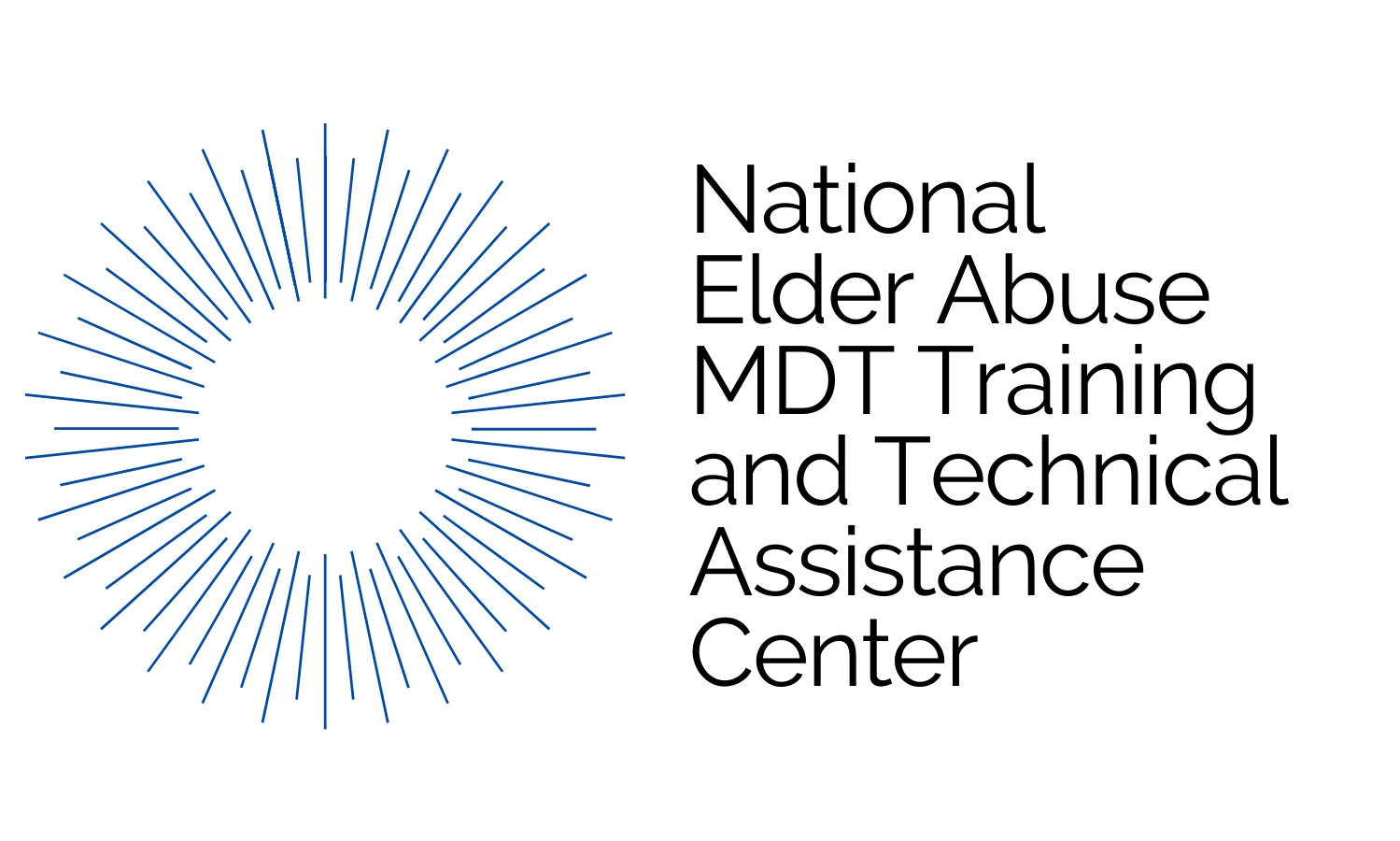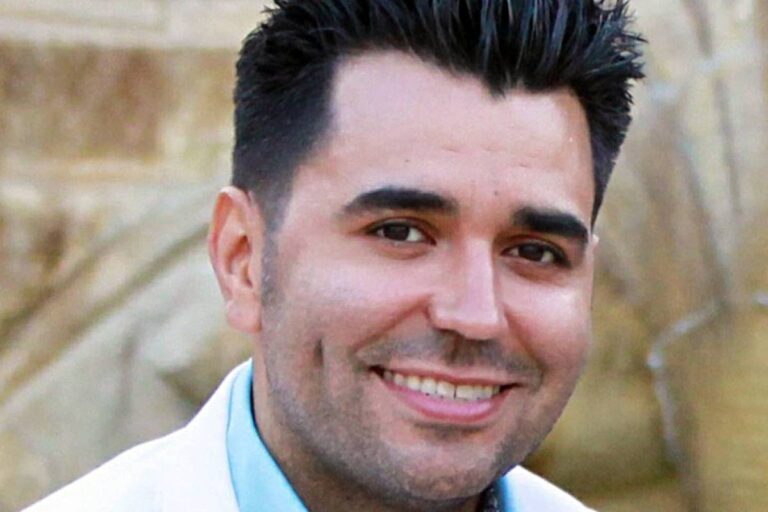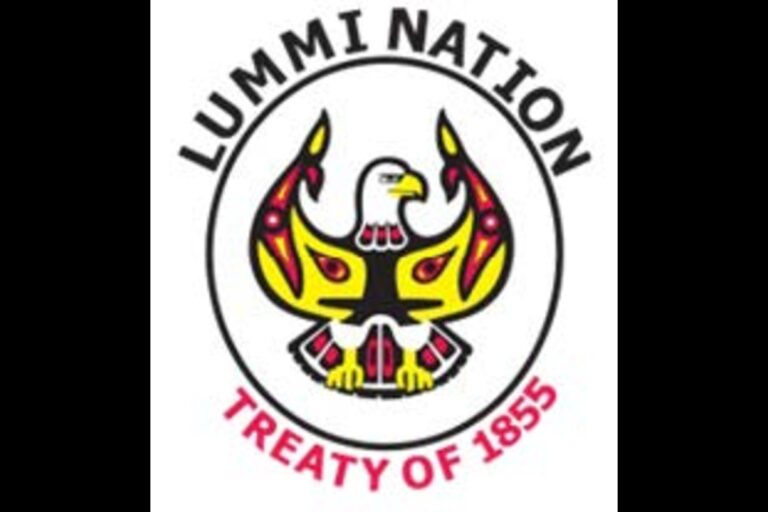
Anita Raymond, LISW, CMC has a Bachelor’s and a Master’s Degree in Social Work. She is a Licensed Independent Social Worker with the State of Minnesota and a Care Manager, Certified by the National Academy of Certified Care Managers. Anita is the Director of the Center for Excellence in Supported Decision Making (CESDM) and Care Management & Consultation programs at Volunteers of America MN & WI. CESDM is a leader in Minnesota in promoting supported decision-making and improving guardianship systems and practices: through direct social work services and operation of Minnesota’s Guardianship Information Line, CESDM provides in-depth information, advice, consultation, and assessments regarding vulnerable adults whose decisional capacity is in question and petitioning to establish, modify, and terminate guardianships/conservatorships as necessary. Anita and the CESDM team have developed many educational materials, including guardianship explainer videos, booklets (Best Practices in Supported Decision-Making: How to Be an Effective Supporter and CESDM Guide to Supported Decision Making in Minnesota: A Resource for Families and Other Supporters) and several fact sheet series on guardianship, supported decision making, health care directives, and more. Anita is also the Co- Coordinator of WINGS MN (Working Interdisciplinary Network of Guardianship Stakeholders), whose aim is to build a system that prioritizes supportive decision-making and less restrictive alternatives to guardianship and that maximizes autonomy for persons under guardianship. Anita is a frequent trainer/presenter for professionals on a variety of topics, including supported decision-making; guardianship and less restrictive alternatives; vulnerable adults and maltreatment; rights of people subject to guardianship; planning for incapacity; advance directives, ethics of client self-determination and rights; ableism and ageism in guardianship considerations.
Guardianship may seem like an obvious response in situations of maltreatment of vulnerable adults. But less known is that guardianship may also result in unintended consequences such as a false sense of security about the safety of a vulnerable adult, damage to supportive family relationships, and impact on outcomes for the vulnerable adult, including trauma, impact on mental health, and quality of life. This session will build upon the content presented in the June webinar (Substitute Decision Makers: An Overview for E-MDT Coordinators) and will include a discussion of the costs associated with the imposition of guardianship from legal, practical, and ethical perspectives, as well as exploration of alternatives which can be used even with people with decision making challenges, with an emphasis on supported decision making and changing the way many think about people living with vulnerabilities.
Helpful Resources
Participants who want to delve deeper into these topics may want to explore NCEA Publications such as Guardianship: Remedy vs. Enabler of Elder Abuse and Anatomy of a Guardianship: Case Study and Red Flags for Abuse, and Rethinking Guardianship (Again): Substituted Decision Making as a Violation of the Integration Mandated of Title II of the Americans with Disabilities Act (Leslie Salzman) as well as articles about supported decision making including: Supported Decision Making: Potential and Challenges for Older Persons(Morgan Whitlatch and Rebekah Diller), Supported Decision Making in Later Life, (David Godfrey), and Supported Decision Making With People at the Margins of Authority, (Andrew Peterson, Jason Karlawish & Emily Largent)



